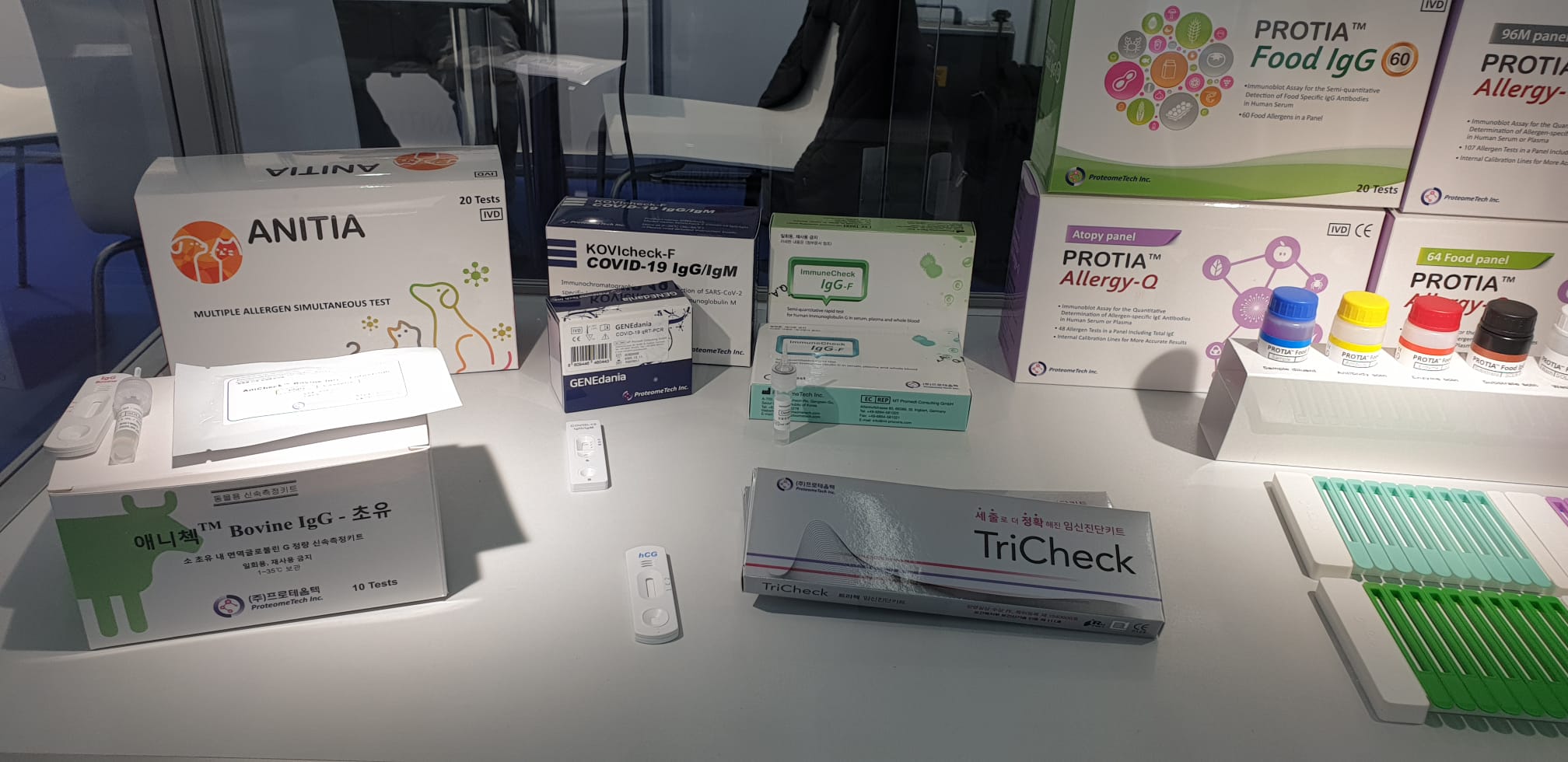Abstract
This review aims to provide a detailed overview of current knowledge of the effects of bovine immunoglobulins on the human immune system. The stability and functional effects of orally ingested bovine immunoglobulins in dairy products are described and possible mechanisms of action are discussed. Orally ingested bovine IgG (bovine IgG) can be recovered from faeces from very low levels up to 50% of ingested IgG that has passed through the gastrointestinal tract. In infants, recovered levels are higher than in adults, probably due to differences in the stomach and intestinal conditions, such as pH.
This indicates that bovine IgG may be functionally active throughout the gastrointestinal tract. In fact, a large number of studies in infants and adults have shown that bovine IgG (or colostrum as a rich source of it) can prevent gastrointestinal tract infections, upper respiratory tract infections, and LPS-induced inflammation. These studies vary considerably in the target group, design, source of bovine IgG, dose, and endpoints measured, making it difficult to draw general conclusions about the efficacy of bovine immunoglobulin-rich preparations.
Typical sources of bovine IgG used in human studies are IgG derived from serum, colostrum, IgG derived from colostrum or immunoglobulins derived from milk. In addition, many studies have used IgG from vaccinated cows, but studies using IgG from unimmunized animals have also been reported to be effective. Mechanistically, bovine IgG binds many human pathogens and allergens, can neutralize experimental infection of human cells and limits gastrointestinal inflammation.
In addition, bovine IgG binds to human Fc receptors, enhancing phagocytosis, bacterial clearance, and antigen presentation, and bovine IgG supports gastrointestinal barrier function in vitro models. These mechanisms are becoming more established and explain why bovine IgG can have immunological effects in vivo. Therefore, the inclusion of oral bovine immunoglobulins in specialized dairy products and infant nutrition may be a promising approach to support immune function in vulnerable groups such as infants, children, the elderly, and immunocompromised patients.
Keywords:
bovine immunoglobulins, milk, colostrum, immune, infection, allergy
Description
Purified bovine IgG is a purified polyclonal bovine IgG preparation prepared from normal bovine serum. By immunoelectrophoresis, this product was shown to react with antiserum specific for bovine IgG and IgG1 and IgG2 subclasses. No reactivity with bovine IgA or IgM antiserum was observed. Purified bovine IgG (PBP002) contains <1% IgA and IgM as determined by ELISA.
Product details
- Target species: Bovine
- Product form: purified IgG – liquid
- Preparation: Purified normal bovine IgG prepared by fractionation and DEAE chromatography.
- Buffer solution: phosphate-buffered saline
- Preservative stabilizers: 0.1% sodium azide (NaN3)
- Approx. protein concentrations: 1mg/mL
- Storage: Store at +4oC. DO NOT FREEZE. This product must be stored undiluted. If this product contains a precipitate, we recommend microfuging before use.
- Warranty: 12 months from the date of shipment
- Regulator: For research purposes only
IgG Applications
This product has been reported to work in the following applications. This information is derived from testing within our labs, peer-reviewed publications, or personal communications from creators. See the references listed for more information. Where this product has not been tested for use in a particular technique, this does not necessarily preclude its use in such procedures. Suggested working dilutions are provided as a guide only. It is recommended that the user titrate the product for use in their own system using the appropriate negative/positive controls.

